1. Assume that you have to do all the things in Spain that you'd do back home. The most important is to keep your wits about you and don't take anything for granted. Question all the time and ask again if you don't understand the answer. Also ask the same questions of other people and get a feel for what's right.
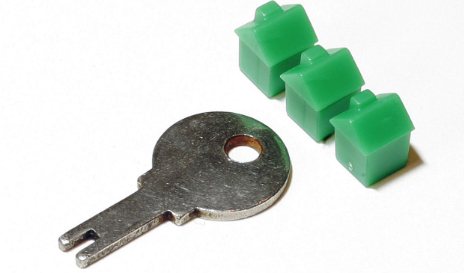
Photo: Shaun Curry / AFP
2. Set yourself a research budget. That money should cover all the costs of looking and getting reliable advice and must be treated as an investment. It'll cost hundreds, but it will save you thousands.

Philippe Huguen /AFP
3. After all the Internet research, go to Spain before you commit yourself to anything. The web is marvellous, but it can't tell the sights just off the edge of the photo or the noise and smells, pleasant and unpleasant! The cost of a few quick weekend trips looking at different areas and repeated visits to the same area once you have decided on a place will give you a real feeling for the atmosphere of places and people.
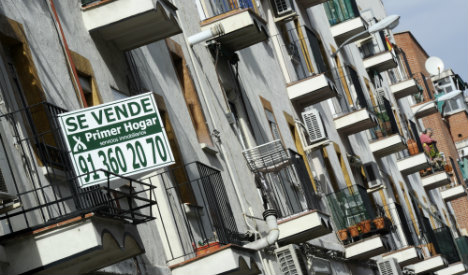
Photo: Dominique Paget / AFP
4. Remember that not all agents are bad and not all are good. However, they are paid their fee by the seller and will only get that when you buy so don't faff around too much or they will lose faith in you and move onto more decisive clients. On the other hand, don't be rushed and make sure, if you are buying the property with a partner, that you both have given full and frank opinions on the property and the information you've been given. If one isn't happy with it, they could make life miserable for themselves and the others by “I told you so”, at every minor future problem.
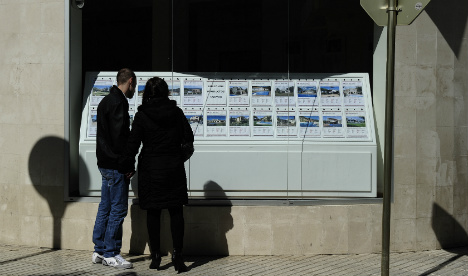
Photo: Josep Lago / AFP
5. You need a good lawyer who can talk fluently to you in your own language and understand fully what you are saying too. Make sure that he or she has support as sometimes at crucial moments they can be away on holiday or dealing with court cases and such like. You don't want to be left 'hanging' without assistance. They don't have to be local to the property, but must give you the feeling that they can empathise with your thoughts and problems and that they have a professional conscience, by getting answers to the questions that you don't know need to be asked. Also, the art of communication does not always come high up in the profession's priorities, so don't wait for a report on what's happening, ask for it too. Often you'll be pleasantly surprised that there has been significant progress, but somebody just hasn't thought to tell you.

Photo: Josep Lago / AFP
6. Have the property inspected by a knowledgeable surveyor who again will have gone through all the situations you find yourself in and have the experience of years of finding solutions for clients problems. They too have to be able to talk frankly with you and give impartial advice, again answering those questions you don't know to ask, as well as those you do. Remember that they are perhaps the only professional that actually visits the property and looks at the paperwork and so, whilst the lawyer can give you 100 percent perfect paperwork, it's not much use if it only covers half the property you think you're buying or the place is crumbling about you as you sit regretting in the sun. Being able to take a survey report into negotiations on the price of the property can easily save you many, many times the cost of the report.
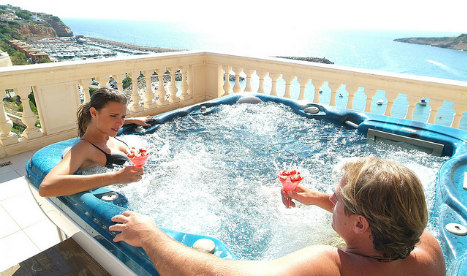
Photo: Mac Hotels / Flickr
7. Last and most important is to enjoy the process and the country, while keeping your wits about you. After all that's what you're here for, to enjoy a better life!
This guide has been provided by Campbell D Ferguson, FRICS, a member of the Residential Property Professional Group of RICS Spain, and owner of Survey Spain SL.


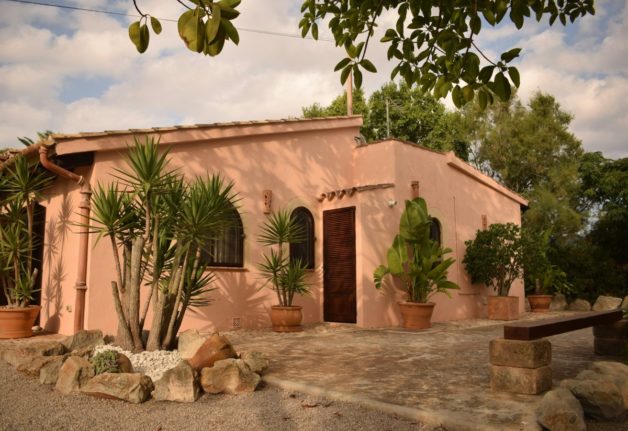
 Please whitelist us to continue reading.
Please whitelist us to continue reading.
Member comments